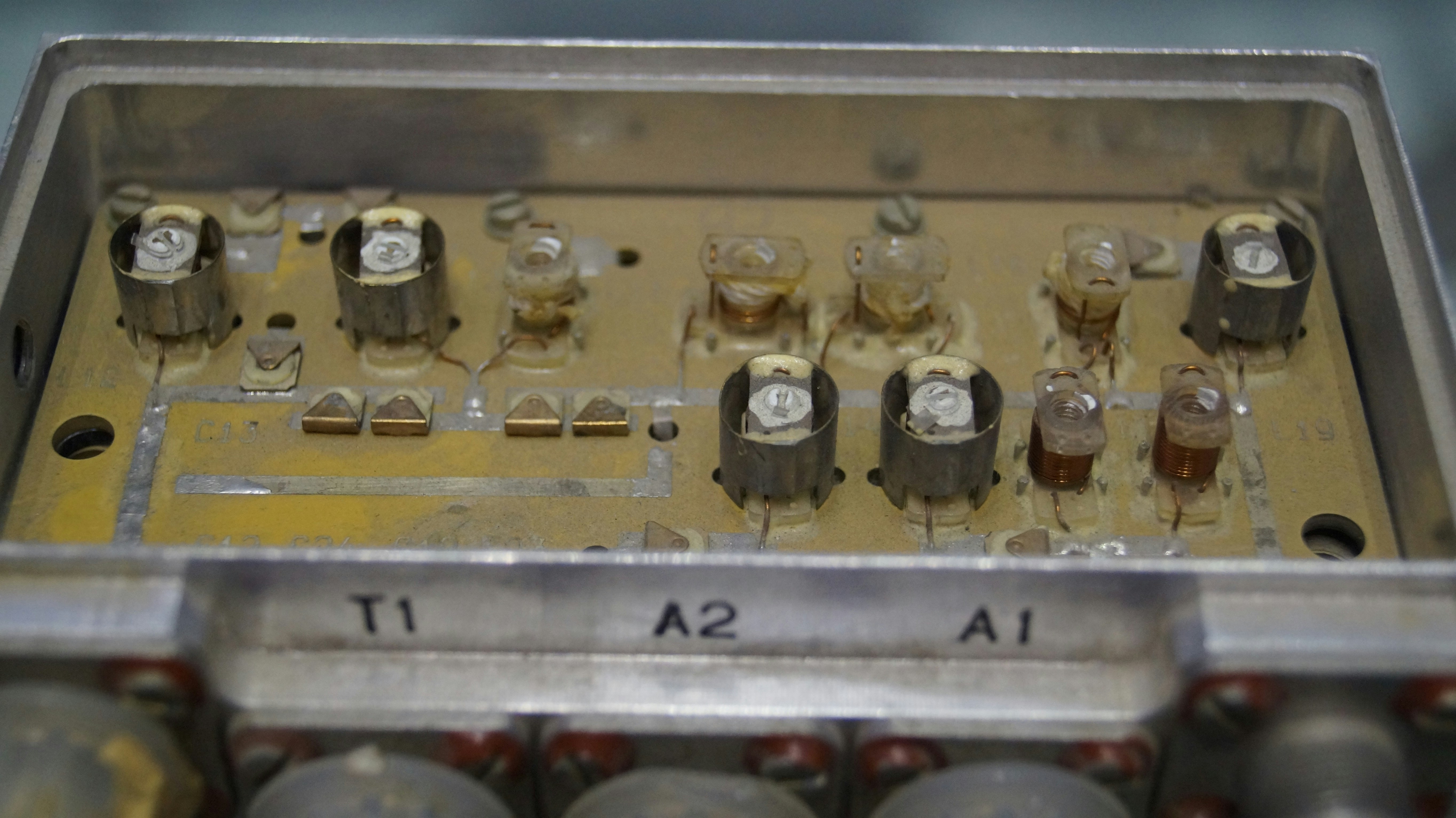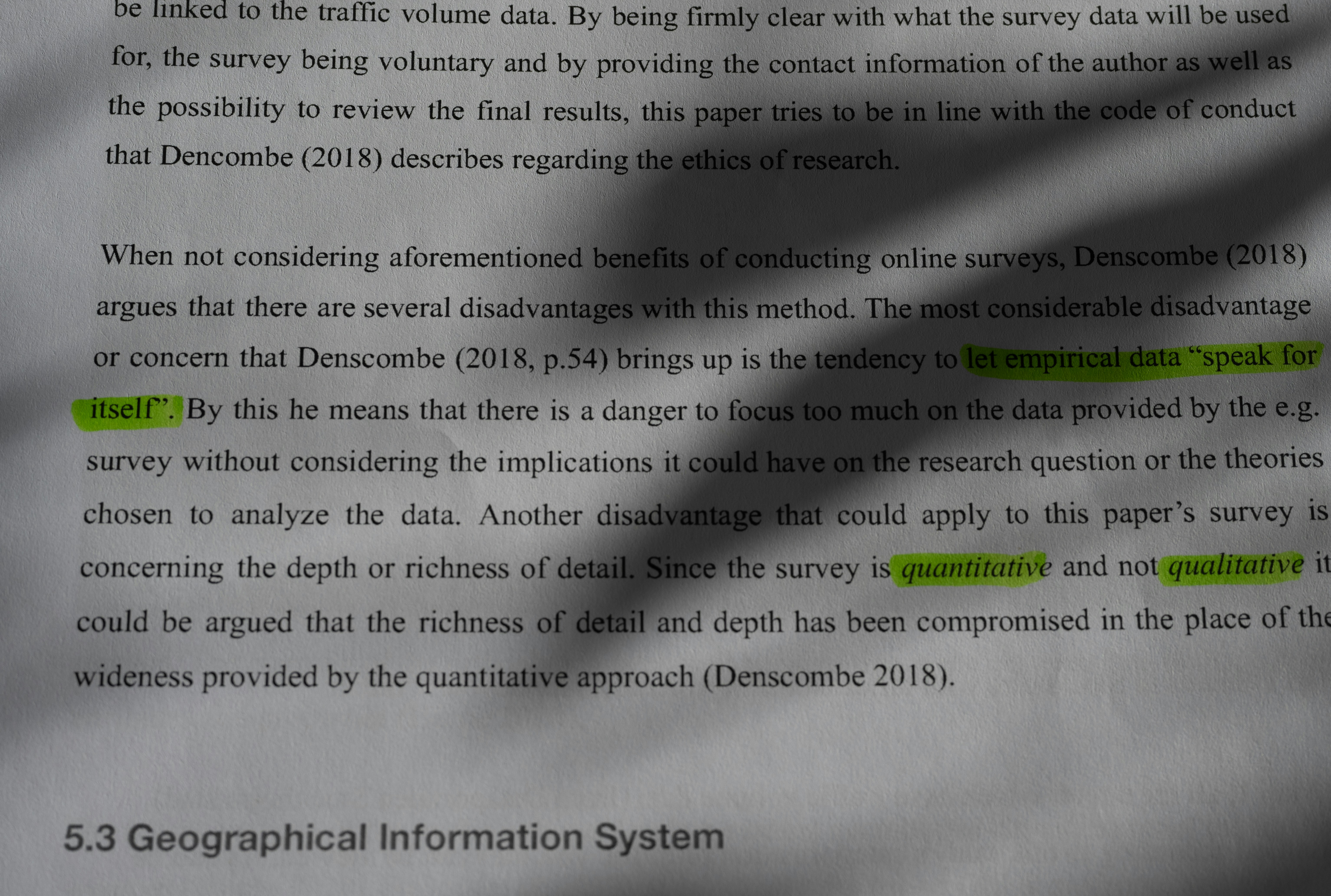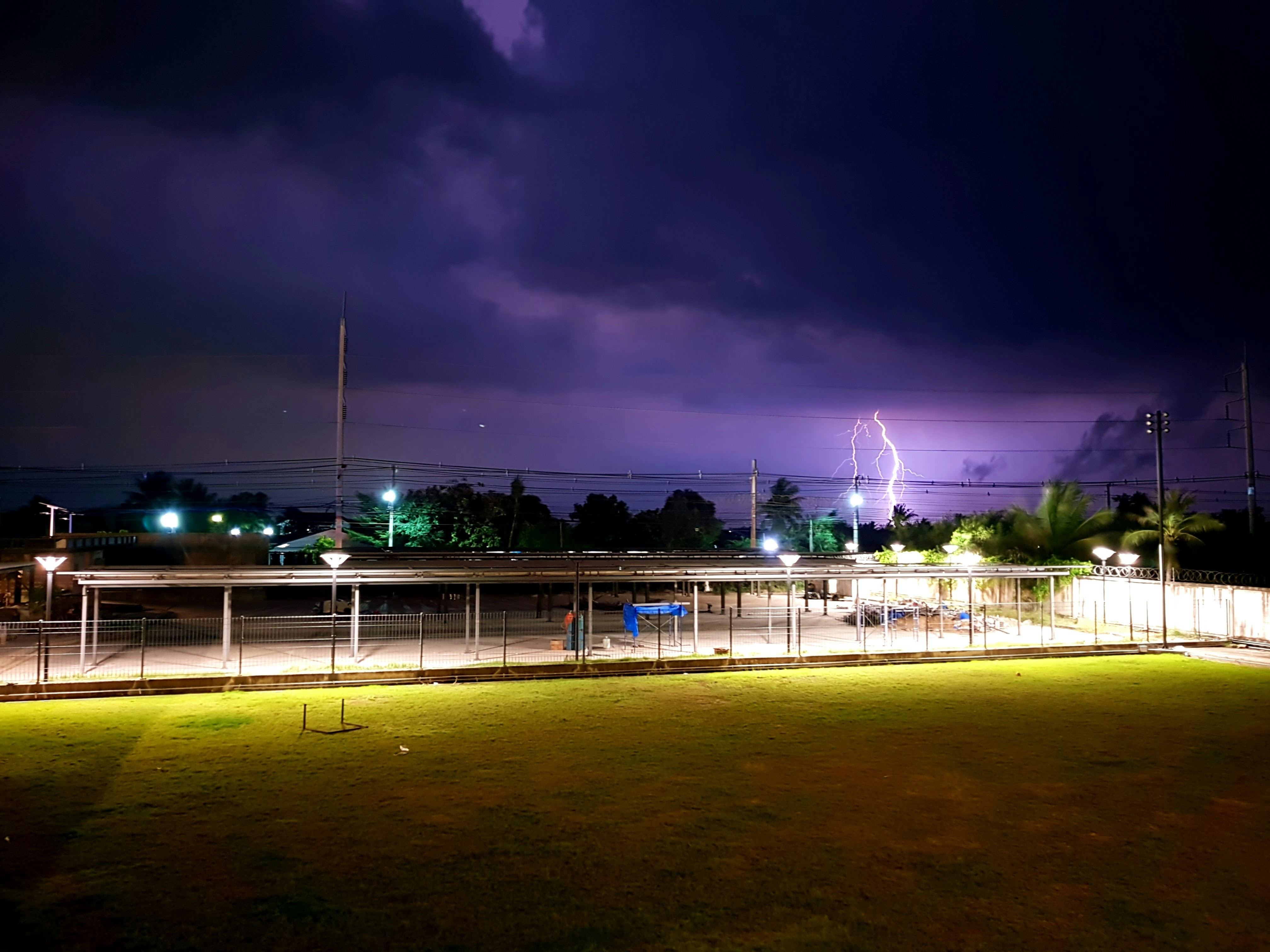Latest posts
-
The Transistor: A Small Device with Massive Impact
The Inception of the Transistor The transistor, a device that would revolutionize electronics, had its inception at Bell Laboratories in 1947. This was amidst an era marked by rapid advancements in technology, yet the existing electronic systems relied heavily on bulky vacuum tubes. The need for smaller, more efficient components laid the groundwork for groundbreaking…
-
The Schön Scandal: Unveiling One of Science’s Biggest Fraud Cases at Bell Labs
Introduction to the Schön Scandal Jan Hendrik Schön, a physicist renowned for his pioneering research in condensed matter physics at Bell Laboratories, emerged as a significant figure in the early 2000s. His work primarily focused on the properties of organic semiconductors, a field that garnered considerable attention due to its potential applications in technology and…
-
The Rise of Predatory Journals: A Threat to Scientific Integrity in Engineering
Understanding Predatory Journals Predatory journals are a troubling phenomenon in the scholarly publishing landscape, characterized by their exploitative practices aimed at researchers, particularly those early in their careers or those lacking funding for legitimate publication avenues. These journals often masquerade as credible scholarly outlets, encouraging authors to submit their work through misleading claims of rigorous…
-
Kevlar’s Unintended Strength: The Legacy of Stéphanie Kwolek
The Quest for a Lighter Material In the early 1960s, Stéphanie Kwolek, a chemist at DuPont, embarked on a path that would culminate in one of the most significant breakthroughs in material science: the creation of Kevlar. Her journey began with a pressing need within the automotive industry for a lighter, more durable material to…
-
Red Flags for Scientific Editors: Evaluating Submissions from Zero-History Authors
Understanding Zero-History Profiles In the context of scientific publishing, a «zero-history» profile refers to authors who have no prior publications in recognized academic journals. This category can include various types of individuals, such as early-career researchers, independent scholars, and those from non-traditional academic paths. Such authors may find themselves in this position due to diverse…
-
The Accidental Discovery of Teflon: A Tale of Innovation and Serendipity
The Journey of Roy Plunkett: From Chemist to Accidental Inventor Roy Plunkett was born on June 26, 1910, in New Carlisle, Ohio. He pursued an academic path that would lead him to the prestigious California Institute of Technology, where he earned his Bachelor’s degree in chemistry in 1932. His education laid a strong foundation for…
-
Improving Journal Efficiency: Benchmarking Time to First Decision (TTFD)
Understanding Time to First Decision (TTFD) Time to First Decision (TTFD) is a critical metric in the realm of academic publishing that refers to the duration it takes from the submission of a manuscript until the journal’s initial decision regarding its acceptance or rejection. This timeframe is pivotal not only for authors but also for…
-
The Enduring Legacy of Roman Roads: Engineering Marvels of the Ancient World
The Engineering Excellence Behind Roman Roads The Roman Empire is renowned for its extensive network of roads that connected vast regions and facilitated trade and military movement. The engineering methods employed in constructing these roads demonstrate remarkable ingenuity and precision. The Romans employed a meticulous approach, utilizing a multi-layered design that ensured the roads would…
-
The Algorithm Knows: Watch Your Self-Citation Rate – WOS and Scopus Won’t Forgive. Is Your Limit 15%?
Understanding Self-Citation: Definition and Importance Self-citation refers to the practice where an author cites their own previously published research in a new publication. This practice is common in academic writing, as it allows authors to build upon their prior work and establish a narrative continuity within their research. Self-citation can be a crucial aspect of…
-
Guglielmo Marconi: The Wireless Pioneer’s Obsession with Lightning
The Early Life and Achievements of Guglielmo Marconi Guglielmo Marconi, born on April 25, 1874, in Bologna, Italy, was a child captivated by the mysteries of nature and electricity. Raised in a well-off family, his mother, an accomplished musician, and his father, an agricultural engineer, encouraged his interests. Marconi’s formal education began at the University…









